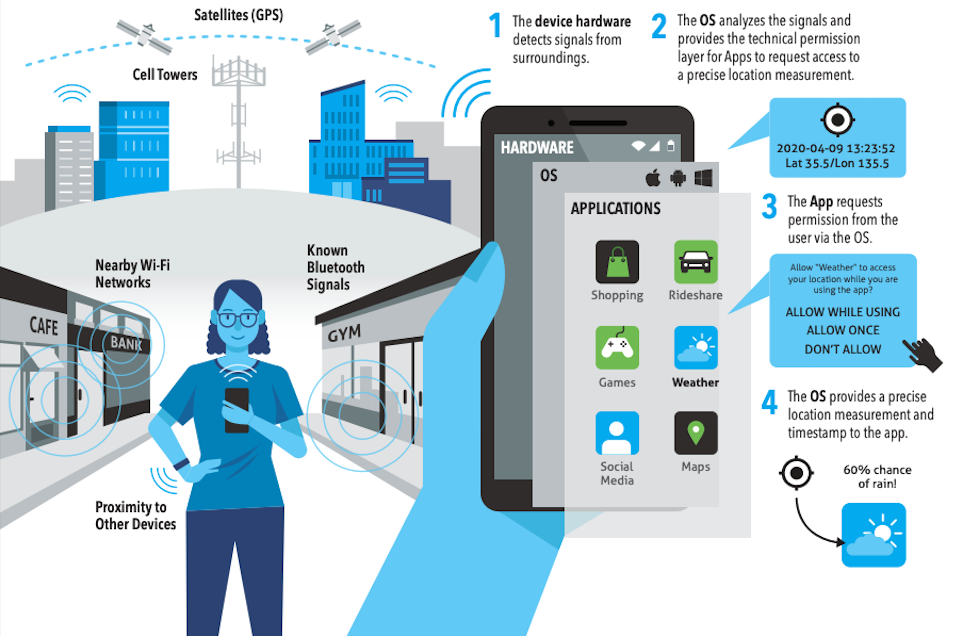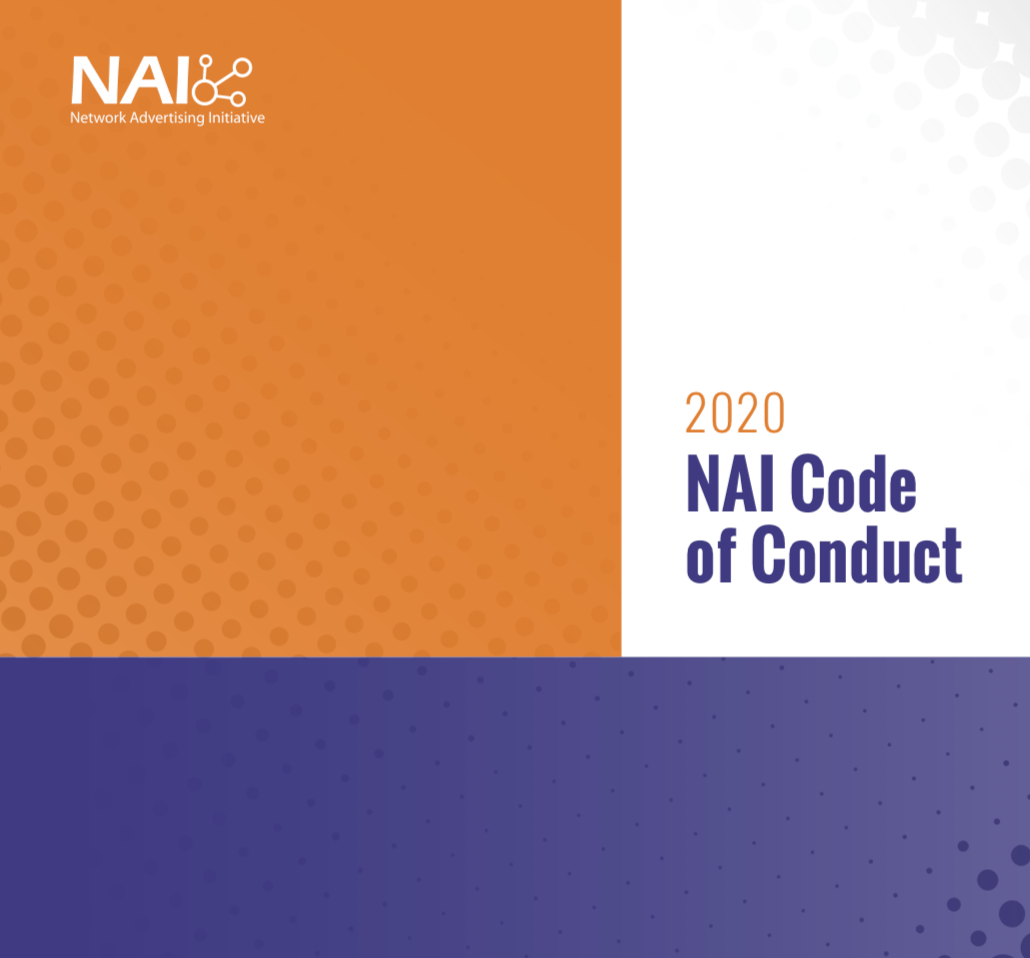Addressing the privacy issues related to advertising technology and online tracking has been a key focus since FPF’s founding. Increasingly, the mobile advertising space, geo-location tracking, and indoor positioning technologies are at the forefront of online data management, retail, and new consumer offerings. Thus, it is not surprising that regulators, industry leaders, and advocates are taking a hard look at questions about how to appropriately collect and handle consumer data for advertising, location-based targeting, and audience measurement. Additionally, as public awareness of targeted and personalized advertising grows, organizations are pushed to deliver more helpful, relevant ads by less intrusive means. FPF curates a gallery of leading practices, provides up-to-date analysis of emerging and evolving technologies, convenes stakeholders in a monthly working group call, and works with policymakers, advocates, and other stakeholders to support leading privacy practices for the use of location data.
Featured
Knowledge is Power: The Future of Privacy Forum launches FPF Training Program
“An investment in knowledge always pays the best interest”–Ben Franklin Let’s make 2023 the year we invest in ourselves, our teams, and the knowledge needed to best navigate this dynamic world of privacy and data protection. I am fortunate to know many of you who will read this blog post, but for those who I […]
“Are crumbles all that remains of the cookies?” A conversation on the future of ad tech at the Nordic Privacy Arena 2021
On September 27 and 28, 2021, the Swedish Data Protection Forum (Forum för Dataskydd) hosted the 2021 edition of the Nordic Privacy Arena (“Operationalising Data Privacy – Challenges, best practices, and success stories”) in Stockholm, Sweden. This hybrid event brought together privacy practitioners, watchdogs, and academics to debate some of the most pressing issues regarding […]
Christy Harris Discusses Trends in Ad Tech
We’re talking to FPF senior policy experts about their work on important privacy issues. Today, Christy Harris, CIPP/US, Director of Technology and Privacy Research, is sharing her perspective on ad tech and privacy. Prior to joining the FPF team, Christy spent almost 20 years at AOL, where she helped navigate novel consumer privacy issues in […]
iOS Privacy Advances
Law and legislation take the lead in setting standards for protecting personal data, but the policies and norms established by companies also play a central role. This has been the case particularly for global platforms providing the services used by billions in the course of daily life. Apple’s 2020 Worldwide Developer Conference (WWDC) previewed a […]
Commoditization of Data is the Problem, Not the Solution – Why Placing a Price Tag on Personal Information May Harm Rather Than Protect Consumer Privacy
This guest post is by Lokke Moerel, a Professor of Global ICT Law at Tilburg University and Senior of Counsel at Morrison & Foerster in Berlin, and Christine Lyon, partner at Morrison & Foerster in Palo Alto, California. To learn more about FPF in Europe, please visit https://fpf.org/eu. By Lokke Moerel and Christine Lyon[1] Friend and […]
Understanding the "World of Geolocation Data"
How is location data generated from mobile devices, who gets access to it, and how? As debates over companies and public health authorities using device data to address the current global pandemic continue, it is more important than ever for policymakers and regulators to understand the practical basics of how mobile operating systems work, how […]
Examining Industry Approaches to CCPA “Do Not Sell” Compliance
By Christy Harris and Charlotte Kress Over the past year, the online advertising (“ad tech”) industry has grappled with the practical challenges of complying with the new California Consumer Privacy Act (CCPA). Once the new law — the first of its kind in the United States — goes into effect on January 1, 2020, businesses […]
NAI’s 2020 Code of Conduct Expands Self-Regulation for Ad Tech Providers
By Christy Harris, Stacey Gray, and Meredith Richards As debates over the shape of federal privacy legislation in the United States continue, online advertising remains a key focus of scrutiny in the US Congress, with its recent hearing on digital advertising and data privacy. Amidst these debates, the Networking Advertising Initiative (NAI), the leading self-regulatory body […]
The Future of Ad Tech: A Discussion with FPF's Stacey Gray
Almost everyone has had a similar experience: visiting a website to shop for a product and then having an advertisement for that product “follow” them around the internet. Most free content today, from social media to news, is funded by ads. In order to deliver those ads and measure their effectiveness, companies today rely heavily […]
Privacy Features of iOS 12 and MacOS Mojave
With much media attention focused on new Apple hardware, including new iPhones, Apple also released updated versions of its mobile and desktop operating systems for public download this week. The software upgrades (iOS 12 for iPhones, and macOS 10.14 Mojave for desktop Macs) bring many new features, such as Group FaceTime, options to customize notifications, and aesthetic changes such as an optional desktop “Dark Mode.












